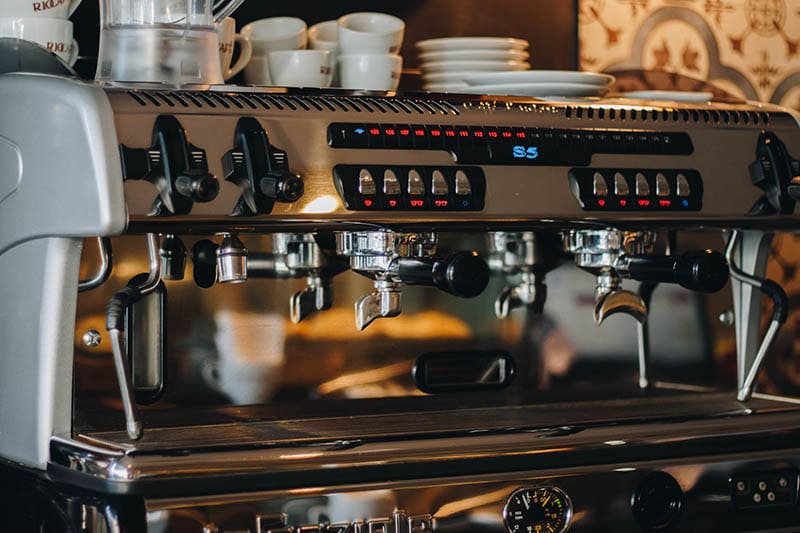If you’re a coffee enthusiast or simply someone who relishes the aroma of freshly brewed coffee each morning, investing in a coffee machine might be on your radar. However, understanding the cost involved in purchasing a coffee machine goes beyond the initial price tag. Factors such as machine type, brand, features, maintenance, and even the type of coffee you prefer can significantly influence the overall expense.
Initial Cost:
The cost of a coffee machine can vary widely based on its type and functionalities. At the lower end of the spectrum, basic drip coffee makers can be found for as little as $20 to $50. These machines typically brew standard coffee but may lack features such as programmability or special brewing options.
Moving up the scale, you’ll find more advanced drip coffee makers, single-serve pod machines like Keurig or Nespresso, and espresso machines ranging from $100 to $500. The higher-priced machines often offer more customization, better build quality and additional features such as milk frothers or built-in grinders.
Espresso aficionados may desire a more professional setup with semi-automatic or super-automatic espresso machines, which can range from $500 to well over $2000, depending on the brand and functionalities. These machines often provide precise control over brewing variables like temperature, pressure, and extraction time.
Accessories and Add-ons:
Remember that the initial cost of the coffee machine may not cover additional accessories. For espresso machines, you might need to invest in a grinder, tamper, milk-frothing pitchers, and possibly additional portafilters. These extras can easily add a couple of hundred dollars to your overall expenditure.
Maintenance and Consumables:
Owning a coffee machine involves ongoing costs for maintenance and consumables. Regular maintenance like descaling, replacing filters, cleaning supplies, and buying quality coffee beans or pods should be factored into the long-term cost. Espresso machines, in particular, may require more frequent maintenance to keep them in optimal condition.
Type of Coffee:
The type of coffee you prefer to brew also influences costs. For instance, purchasing specialty coffee beans for an espresso machine might cost more per pound compared to regular drip coffee grounds or pods. Additionally, if you opt for single-serve pod machines, the recurring cost of buying pods can accumulate over time, making it more expensive compared to using ground coffee or beans.
Brand and Quality:
Well-known brands often come with a higher price tag due to their reputation, build quality and customer support. While lesser-known brands might offer cheaper alternatives, they might compromise on durability or reliability.
Conclusion:
The cost of buying a coffee machine extends beyond the initial purchase. Consider your preferences, brewing habits, and long-term maintenance when evaluating the overall expense. Assess the features you truly need and balance them against your budget to make an informed decision. Ultimately, investing in a coffee machine should align with your coffee preferences, lifestyle, and financial considerations.

